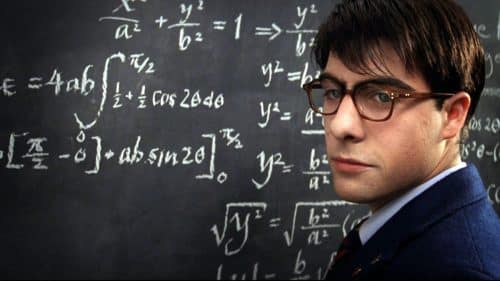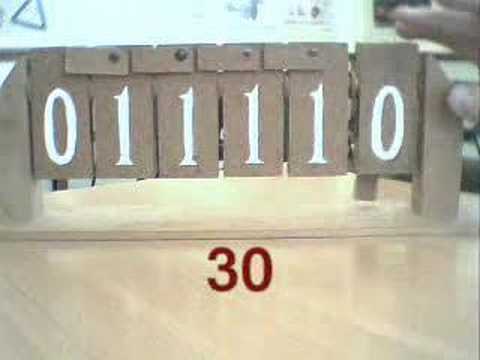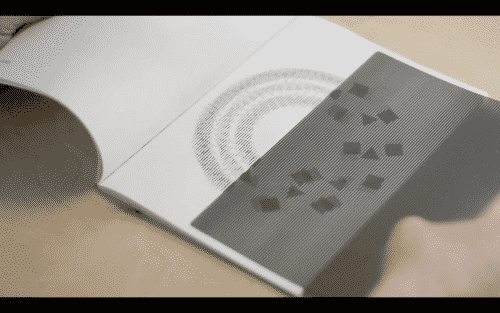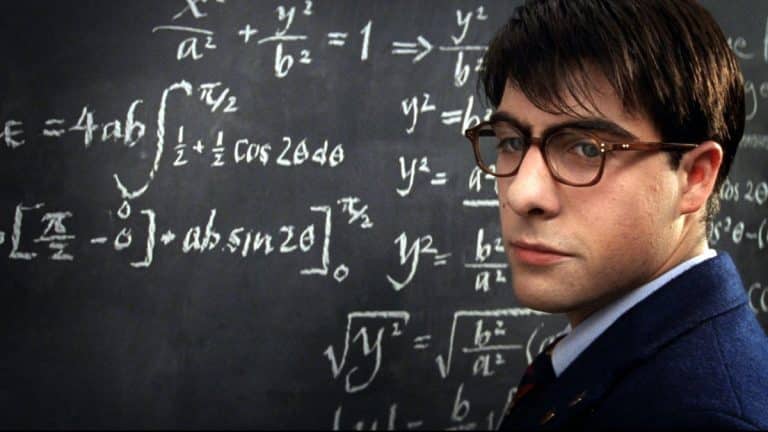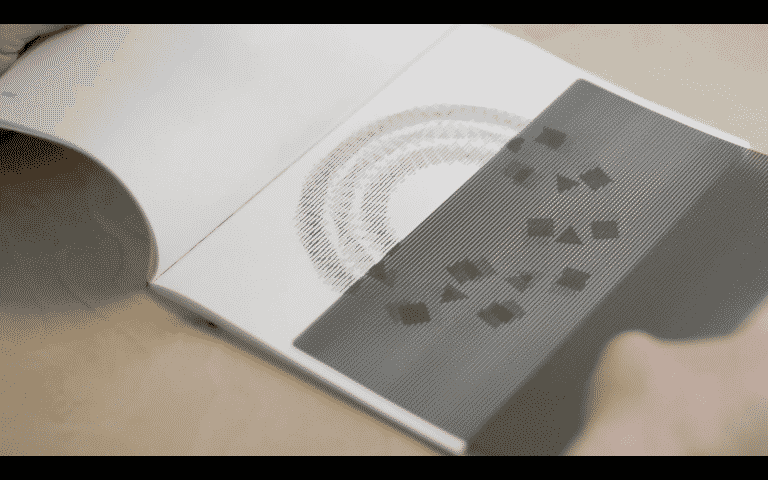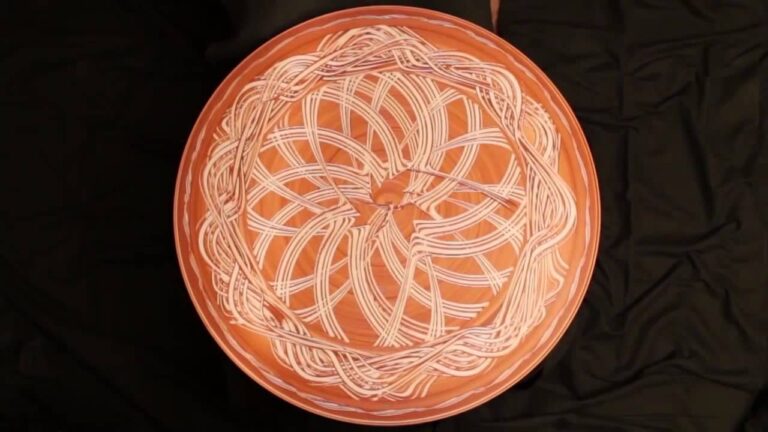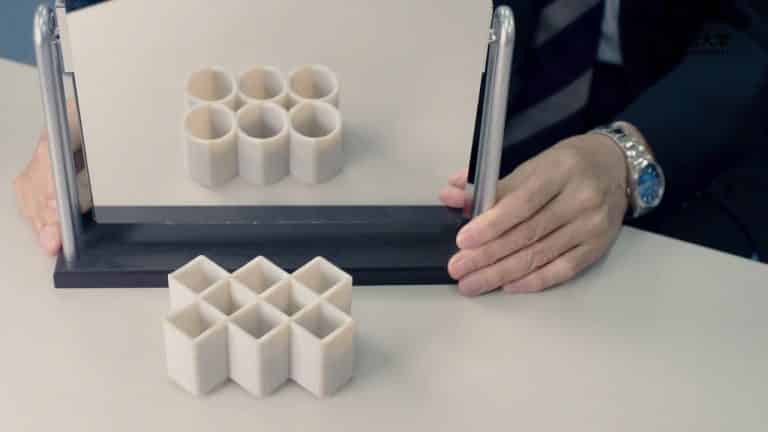
You’ve stealthily descended into the darkness of a vampire cave, setting a sequence of mirrors as you go. When the sun reaches the right angle in the sky, a beam of light will ricochet along the mirrors, strike a diffuser, and illuminate the great chamber where the vampires sleep. Can you place the diffuser correctly and flood the lair with sunlight? Dan Finkel shows how.
Transcript:
The greatest challenge a vampire hunter can take on is to bring sunlight into a vampire’s lair. You’ve stealthily descended into the darkness of a vampire cave, setting a sequence of mirrors as you go. When the sun reaches the right angle in the sky, a focused beam of light will ricochet along the mirrors, strike your diffuser, and illuminate the great chamber where the vampires sleep.
You set the final mirror and sneak through an opening in the corner of the great chamber. The diffuser must be wall-mounted, but the walls are crowded with coffins, which you don’t dare disturb. The only open spots are in the other three corners of the room.
The light will enter through the southwest corner at a 45 degree angle and bounce off the perfectly smooth metallic walls until it hits one of the other three corners. But which corner will it hit? You know the room is a rectangle 49 meters wide and 78 meters long.
1:16
You could probably find the answer by drawing a scale model of the room and tracing the path of the light, but the sun will be in its place in just minutes, and you’ve got no time to spare. Fortunately, there’s a different way to solve this puzzle that’s both simple and elegant.
So in which corner should you place the diffuser to flood the vampire lair with sunlight?
You could tackle this problem by examining smaller rooms, and you’d find a lot of interesting patterns. But there’s one insight that can unravel this riddle in almost no time at all.
Let’s draw the chamber on a coordinate grid, with the Southwest corner at the point (0,0). The light passes through grid points with coordinates that are either both even or both odd. This is true even after it bounces off one or more walls. Another way of thinking about it is this: since the light travels at a 45 degree angle, it always crosses the diagonal of a unit square. Traveling 1 meter horizontally changes the x coordinate from even to odd or vice versa. Traveling 1 meter vertically changes the y coordinate from even to odd or vice versa. Traveling diagonally – as the light does here – does both at once, so the x and y coordinates of any points the light passes through must be both even, or both odd. This observation is more powerful than it seems. In particular, it means that we have a way to identify the kinds of points the light won’t ever go through If one of the coordinates is even and the other is odd, the light will miss them. That means it’ll miss the top two corners of the room, since those points have one even and one odd coordinate. The Southeast corner is the only option for the diffuser.
And indeed, when that precious beam of sunlight enters the hall, it bounces between the walls and strikes the Southeast corner, spot on. The vampires, sensing the intrusion, burst from their coffins and turn to dust in the light. It was a “high stakes” test, and you passed with flying colors.



